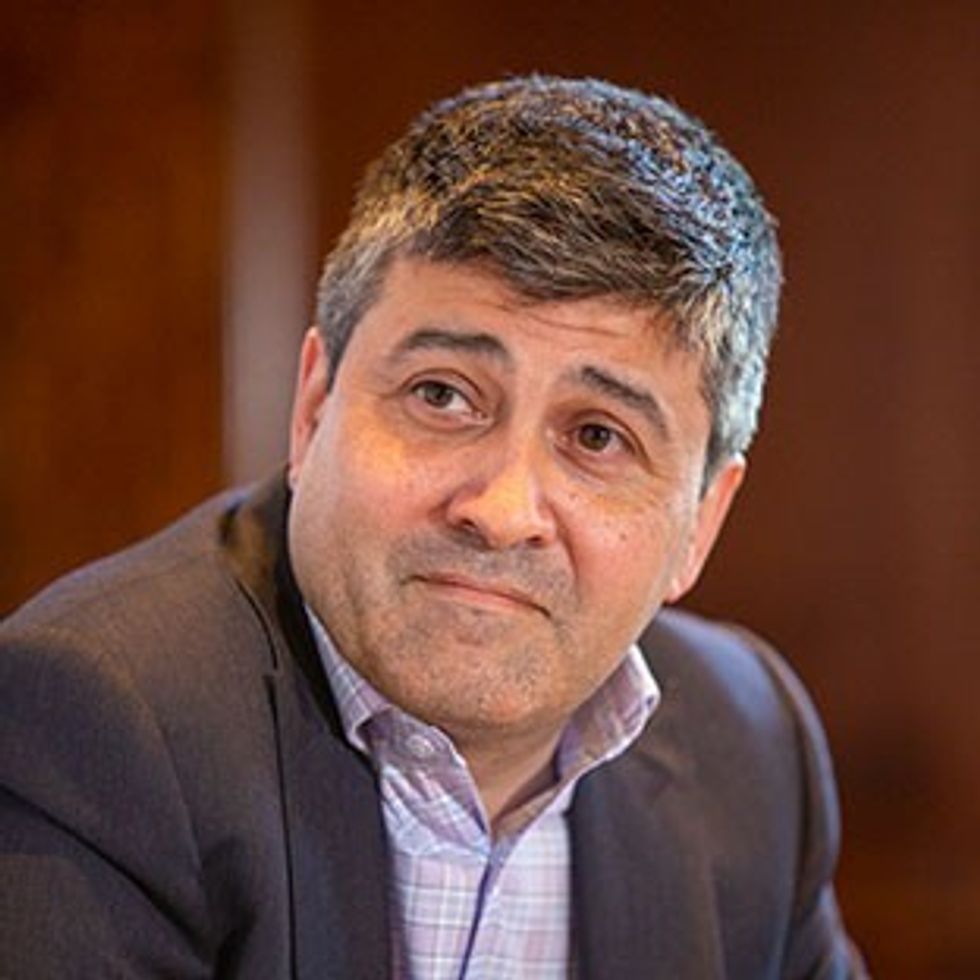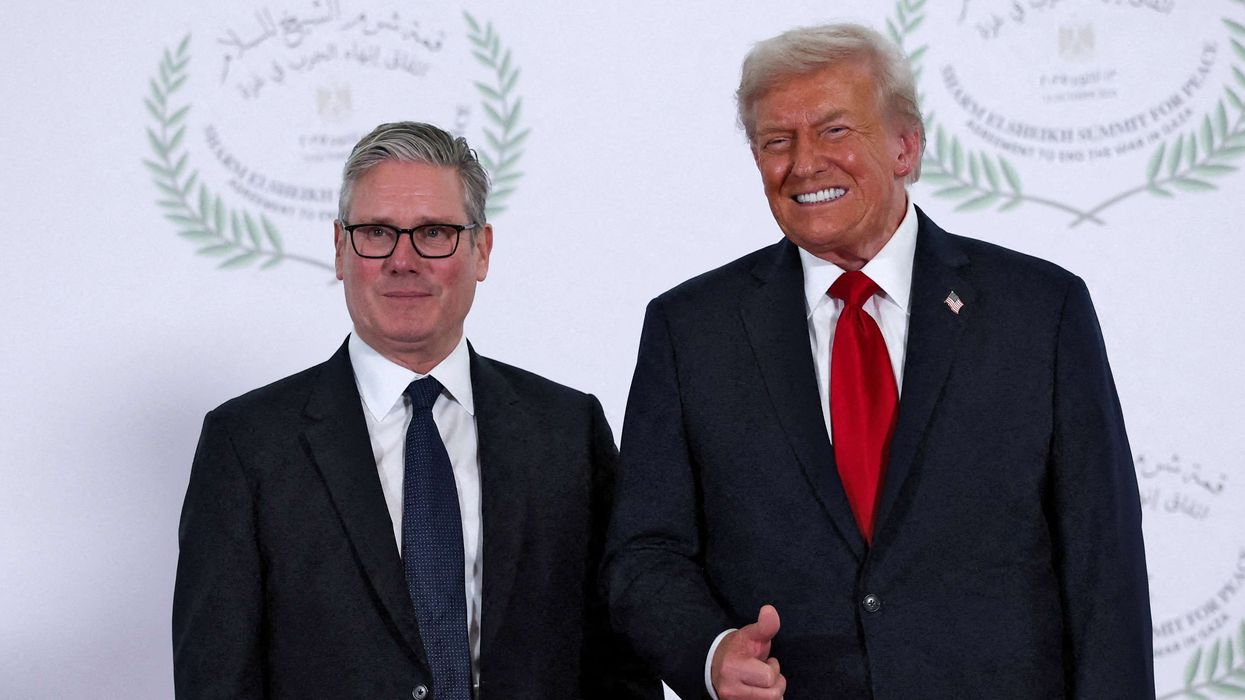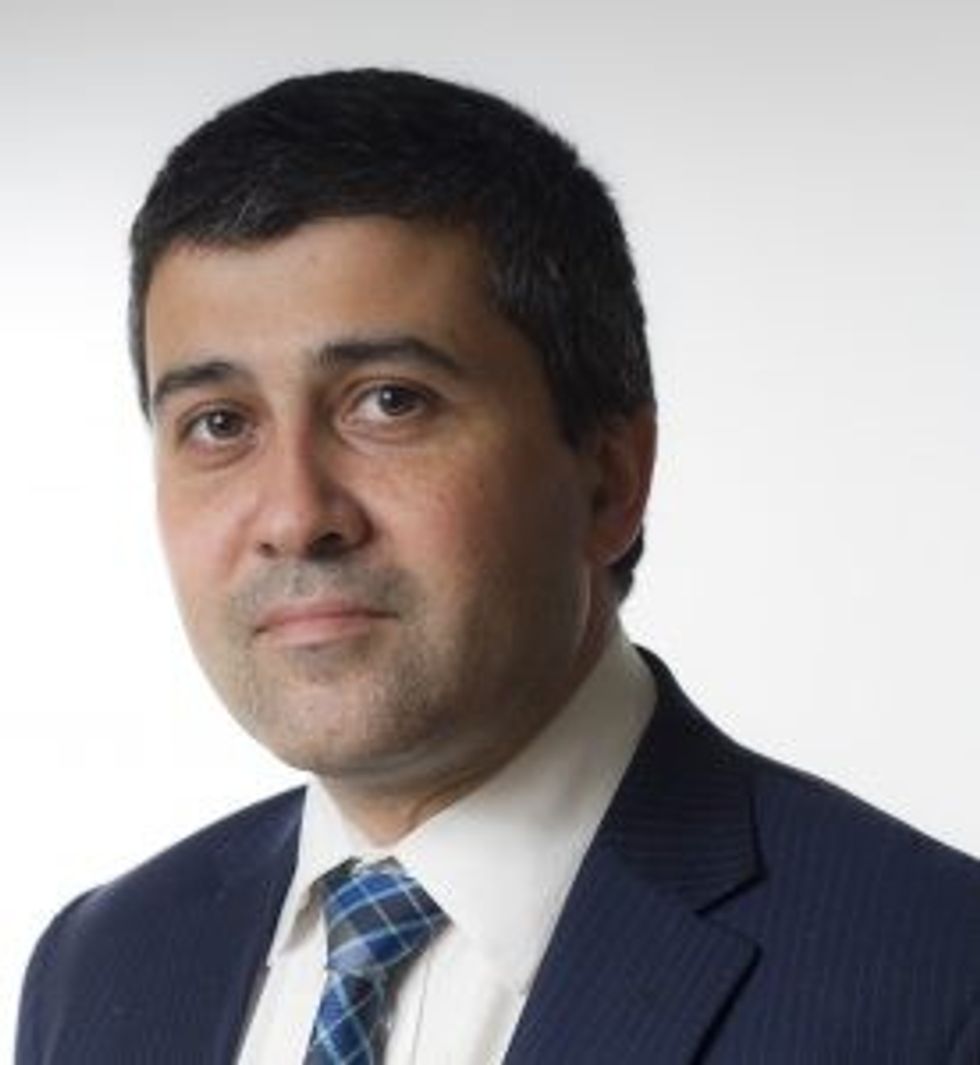“Who will speak for Kashmir in parliament? Will it be me, or Labour Party Parliamentary candidate Sonia KUMAR?” That was the question addressed to “Voters of the British Pakistani/Kashmir community in Dudley” by Marco Longhi, their Conservative candidate seeking re-election.
Longhi claims to be baffled by criticism. He defends it as simply conveying his track record on Kashmir. He even told the BBC that he had no idea what the ethnic background of his Labour opponent might be. Is anybody credulous enough to believe he could as easily have highlighted the name of his 2019 Labour opponent, Melanie Dudley, in that way?

Kumar happens to be Sikh. She felt the letter inferred she could not represent all her constituents. The official Conservative response to the Longhi letter has been silence, in the hope it will blow over. A few Conservative voices – such as Tory peer Gavin Barwell, a key champion of David Cameron’s effort to diversify his party – have said this is unacceptable. It would be ignorant and prejudiced to ask whether someone with the name Marco Longhi could be trusted with Brexit.
It is a shame this British Conservative of Italian heritage could not see the problem, and that Rishi Sunak, the first British Indian prime minister, did not take any action. No party has any monopoly on bad practice. It was both wrong-headed and short-sighted for Labour to campaign in the 2021 Batley by-election with a picture of Boris Johnson meeting Modi. If Keir Starmer becomes prime minister, he will be pictured with Modi – and with Trump too, if Americans elect him again.
So, what should the boundaries be? Some argue that issues like Kashmir and Palestine should have no place in British elections. That goes too far. It is legitimate for parties to appeal to groups of many kinds: young people, parents and pensioners, savers, motorists, dog owners, local football fans, and to those from different ethnic and faith backgrounds too. Some common-sense principles can be recommended to any party that is serious about wanting to govern. My simple golden rule would be that candidates and parties should never say anything in pursuit of voters from one group that they would need or want to conceal from another group of voters.
This could be a legal requirement. All campaign material must carry the candidate and agent’s details – so we could mandate that all leaflets are logged online with the notice of the poll. Yet it may be that the scrutiny of the social media age does something similar organically.
Mr Longhi came unstuck because his letter was unwelcome to some of its recipients. So good principles for community cohesion may turn out to be prudent choices to protect reputational self-interest too. A governing party with an ambition to bridge divides would aspire to win voters across every minority and majority group. No politician will ever persuade everybody. But it would be good to aspire to at least getting a fair hearing from at least half of the voters of any group – Jewish or Muslim, Hindu or Sikh – on terms compatible with pitching for a similarly broad share of voters from every other minority or majority group too. That would be a politics ready to respect differences and to work on what we have in common.
Serious political parties should not have candidates voicing different freelance foreign policies in northern mill towns, cities in the Midlands and London suburbs. Candidates will need to engage with those who empathise much more with one side of the Middle East conflict – whether Palestine or Israel – but a constructive UK government role depends on being part of a multilateral solution that can recognise, protect and align the vital interests of both sides.
What has been little noticed is that the gap between the ethnic minority and majority vote shares are likely to be narrower than ever before in 2024. The growing power of Black and Asian voters does not depend on the fiction that whole communities will switch en masse – but rather that ethnic minority voters expect parties to persuade them.

Ethnic minority voters will want to hear from parties about policies that are good for everyone – on the economy, NHS, education and housing – but will have group-specific concerns too. Reassuring Jewish or Muslim communities about antisemitism or anti-Muslim prejudice, for example, or tackling discrimination and barriers to opportunity, are core fairness goals.
Civic and faith advocates pursuing a Hindu or Muslim manifesto are exercising their freedom of speech and association but should expect governments and parties to scrutinise their proposals with a ‘common good’ test. Sweeping claims about community bloc votes are long out of date. It is citizens who vote rather than communities. Parties should be pressed to uphold the standards that they demand of opponents. Voters have power too. We can decide, on July 5th, as citizens at the ballot box, which approaches we choose to reject or to reward.
(The author is the director of British Future)













